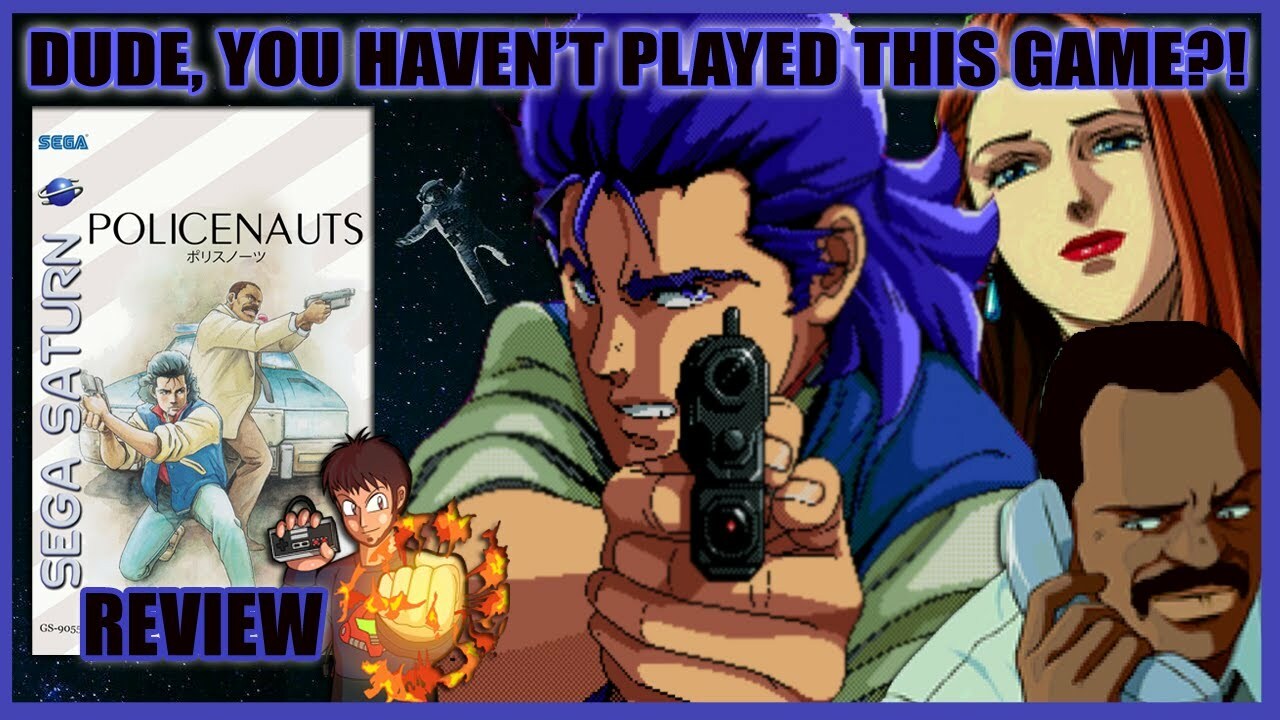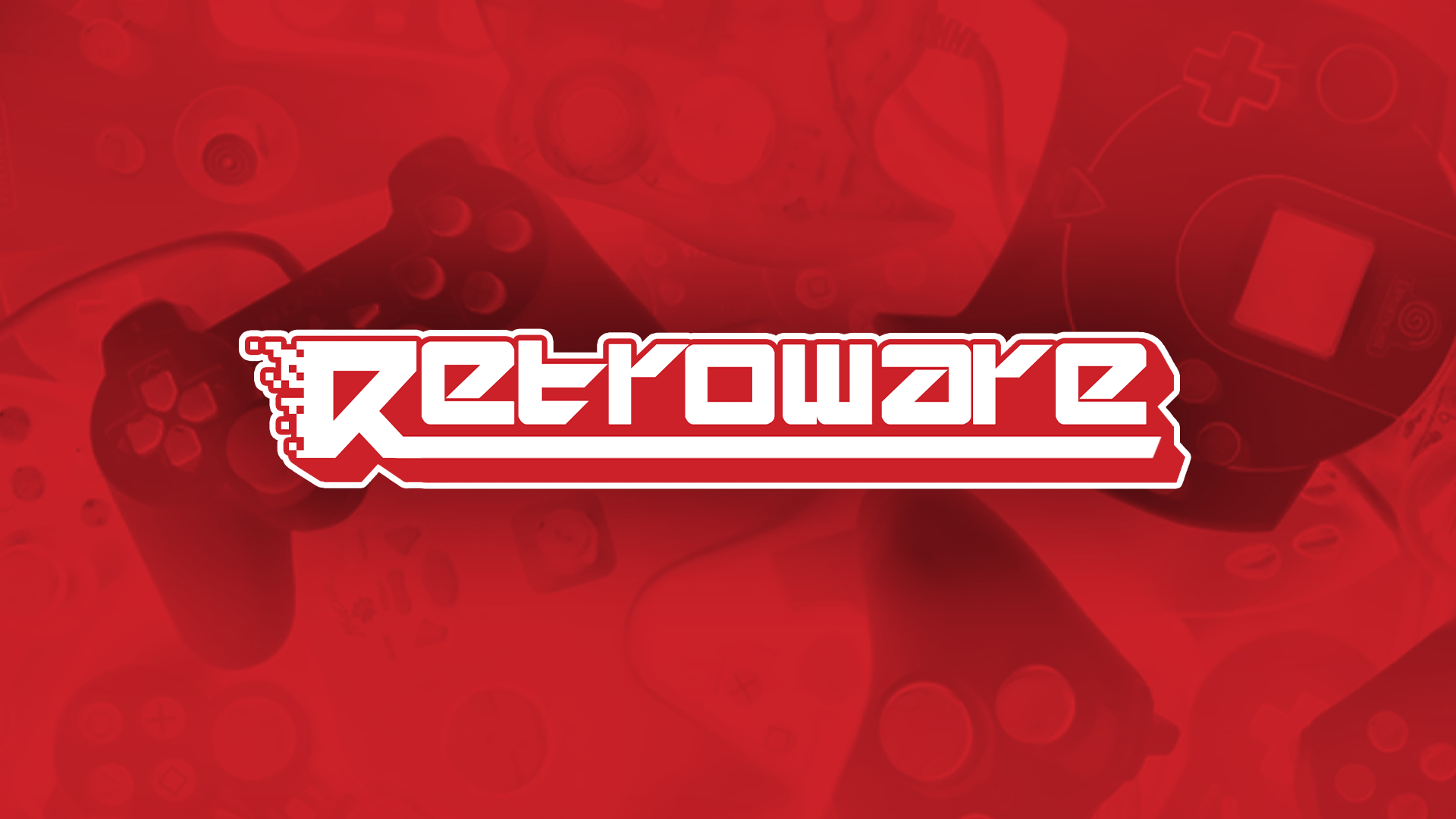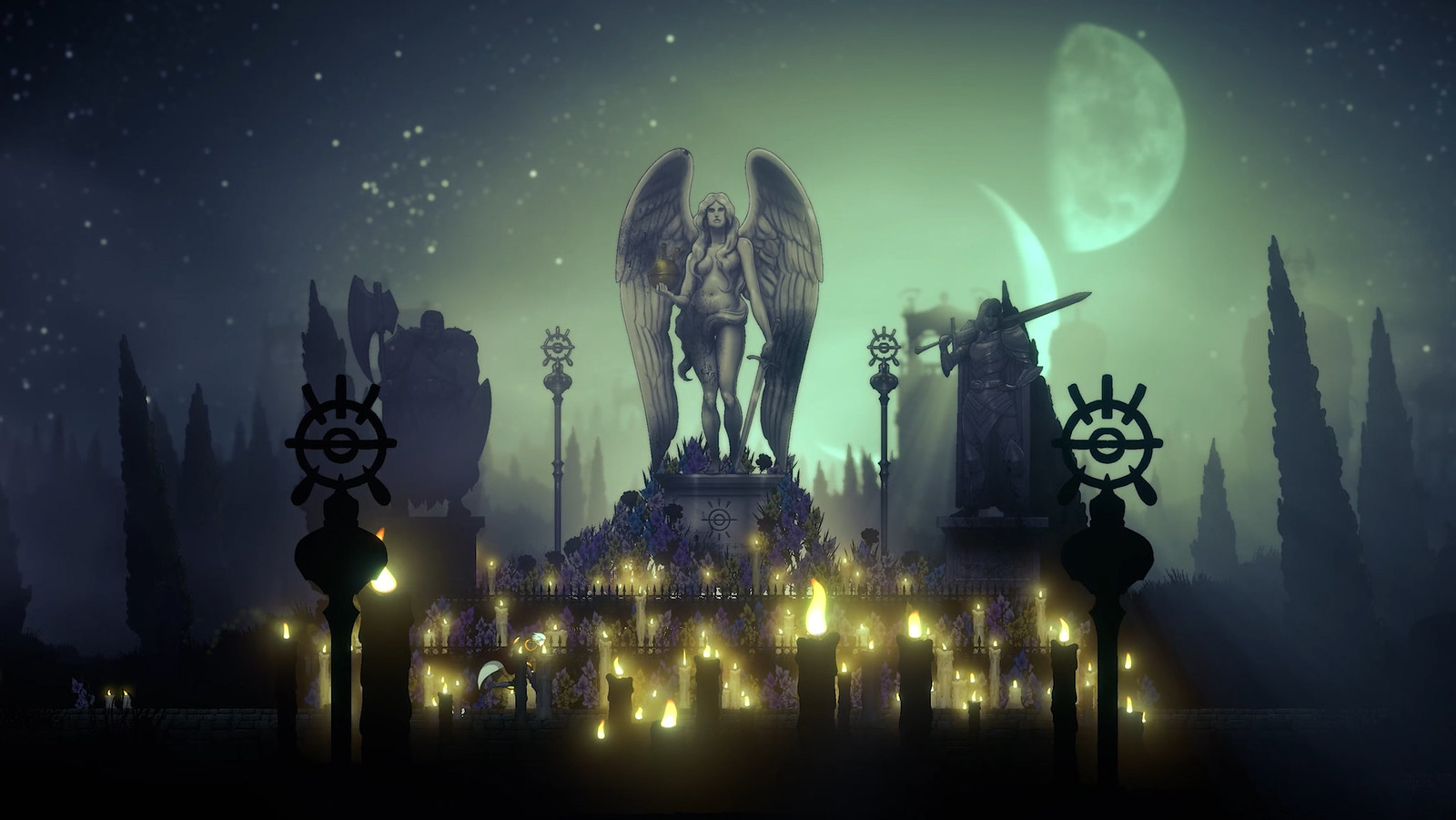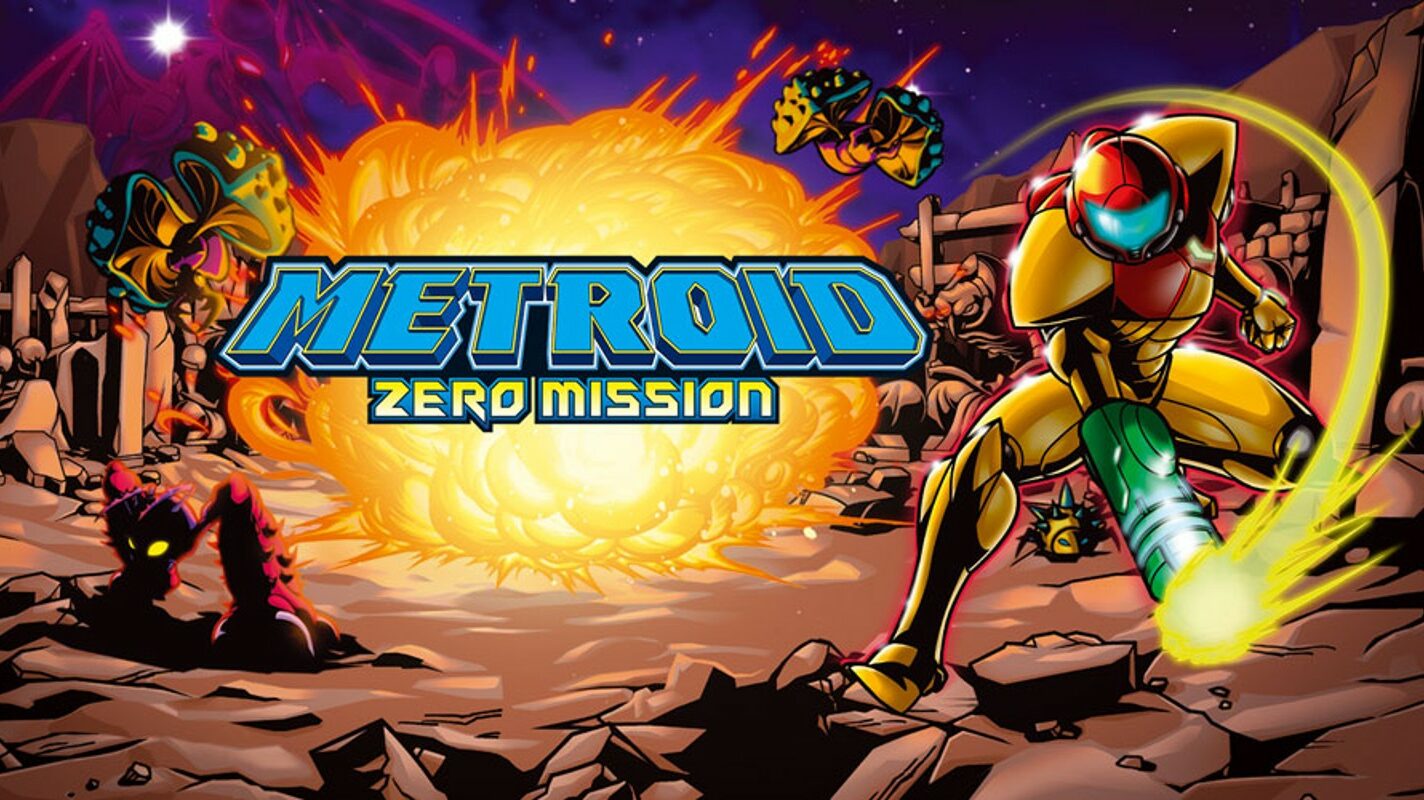Share
Nintendo Switch Online was such an exciting idea at first. As discussed earlier today in Abram’s look at the service, most Switch users hoped it would be a suitable replacement for Nintendo’s first Virtual Console on the Wii, which remains the gold coin standard to this day. The retro catalog allowed players to purchase and play classic titles on the Nintendo Wii for nearly thirteen years until early 2019, which is when Nintendo effectively ended the service. This has become an issue with the recent additions to Nintendo Switch Online.
The departure of the Wii’s Virtual Console also meant an end to accurate emulation, or at least officially. Nintendo quite often allows art to bloom during the development process but delayed release dates are also often the epicenter for Nintendo’s support. The developer and publisher have been creating a beautiful garden of games for almost forty years, but many would wilt and die were it not for the efforts of the emulation community.
Emulation Errors: Expanded
The ‘Expansion Pass’ update did much in addition to continuing Nintendo’s tradition of poor product names; the latest paid Nintendo Switch Online update also refreshed the framerates of anyone concerned with the company’s preservation efforts. A refresh that instead could have been directed at the games themselves. Then maybe the quality and performance wouldn’t be so appalling.
The Nintendo 64 games included with Nintendo Switch Online + Expansion Pack have been a source of enjoyment for many, which is great! Games are meant to be enjoyed. Games are fun. I love games and am often the last person to pause for a closer look at pixels or to fuss over framerates. But this is too far and will only continue to get worse if the company isn’t forced to change.
The Legend of Zelda: Ocarina of Time’s original N64 release may look rough now but it’s only gotten worse with each and every re-release. Poor preservation isn’t a good trait for any art publisher but it almost feels like a curse for it to be Nintendo of all companies. Classic games such as Ocarina of Time, Star Fox 64, and Pocket Card Jockey deserve basic features like stable framerates and textures that resemble the original releases.
And it doesn’t need to be this way either. Project64 and many other groups within the emulation community have been fighting to preserve Nintendo’s art, with the Japanese developer often only getting involved to interfere with court battles and lawsuits. The company’s profits haven’t suffered but the products certainly have. And that’s part of what makes this problem so frustrating among retro enthusiasts and Nintendo fans. The technology necessary for near-perfect emulation already exists. Nintendo is just keeping their most passionate fans outside in the cold.
It’s dangerous to go alone
It’s almost not even Nintendo’s fault. Almost. See, Project64 is among the best software out there for emulating games, but it took time for the accuracy and quality to arrive. Project64 began life in early 2001, and it was pretty bad at first. It worked but it wasn’t much better than Nintendo Switch Online + Expansion Pack’s offerings. The games technically worked but experiencing immersion was not easy with the emulator’s performance.
But as time went on, Project64 became better, faster, and more accurate. And the developers only achieved this level of fidelity from collaboration and cooperation. Nintendo has hit the mark before on emulation but the lack of consistency shows the company either doesn’t care about its legacy or just lacks the necessary understanding. And it’s difficult to accept anything other than the former reason with Nintendo’s quality often always appearing when a game is first published. It’s only when time passes that the reverence and respect seem to fade.
Project64 was known for instability for years. I still remember when I was able to complete the first twenty minutes of Ocarina of Time on our 2003 PC. It took me a few hours. The game’s performance was so bad that my non-gaming parents were convinced I’d given the computer a virus. But in 2013, something happened that changed Project64 and the emulation game completely. The developers released Project64 2.0 along with its source code and other important details.
More powerful Personal Computers and full access to Project64’s source code made it easier than ever for users to collaborate and troubleshoot. More advanced settings and even features such as support for the Nintendo 64 Disk Drive quickly made Project64 better than even the Wii’s Virtual Console offerings. With no limit on game availability and an abundance of features, Project64 became the best way to play N64 titles.
And that brings us to the Nintendo Switch. Because while the games and systems have changed, the problems remain the same. Inconsistent animations and different textures from the original releases entirely make the latest versions the worst. The Nintendo Switch could be a beacon to all or most of Nintendo’s published catalog. The system’s astronomically high sales numbers could lead to a massive resurgence in Nintendo’s classic catalog. Each game could be better than the original releases, making them easier to play for both newcomers or anyone looking for nostalgia.
Nintendo games deserve more from Nintendo
Instead, some players will attempt to see the beginning of Link’s first 3D adventures in these conditions. And even if they manage to make it through to the end, their view and perception of Ocarina and other titles will be distorted by Nintendo’s lazy and/or cheap motives. If the maker of Mario doesn’t care about its past then it should at least hire a company that does.
And with each and every lawsuit filed against a fan remake or ROM-hosting website, Nintendo shows its unwavering apathy towards its long and winding legacy. And the company’s future doesn’t look much better. Emulation very well may be the only way fans are able to play Metroid Dread and other titles in the future, regardless of the gray legal area it embodies.
While there is joy to be found Expansion Pack as Abram discussed in his article, the frustrations felt are ones that extend into many facets of gaming, most notably preservation. The experience of classic games are as important as their availability, and Nintendo has not provided a worthwhile experience for many.
Every company that produces art should honor its legacy but for some reason, Xbox seems to be the only one fully onboard with that idea. And while I’m thrilled to have such a big voice advocating for preservation, it’s certainly frustrating the oldest game platform of the three doesn’t share those particular views.




